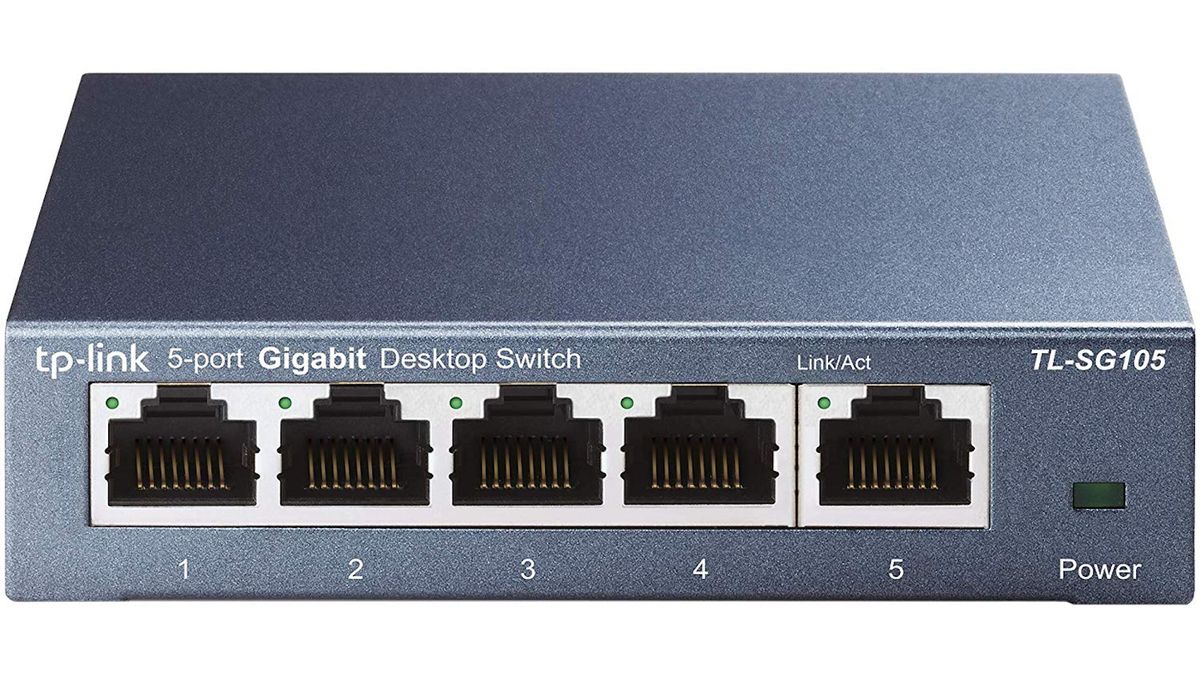Best Network Switches for Small Offices sets the stage for this essential guide, shedding light on the crucial role that the right networking equipment plays in ensuring seamless connectivity and productivity. In today’s fast-paced business environment, small offices must rely on reliable network switches to manage their data traffic efficiently, maintain strong connections, and support various devices. This overview dives into the key features and considerations necessary to choose the ideal network switch for your small office needs.
In today’s fast-paced world, the significance of effective communication cannot be overstated. It serves as the cornerstone of our personal and professional relationships, shaping our interactions and influencing our ability to connect with one another. In this article, we’ll delve into the various facets of communication, exploring its types, importance, challenges, and strategies for improvement.Communication is a multifaceted process that involves the exchange of information, ideas, thoughts, and emotions between individuals or groups.
It can be classified into several types, including verbal, non-verbal, written, and visual communication. Each type plays a crucial role in how we convey our messages and understand others.Verbal communication is perhaps the most common form we encounter daily. It encompasses spoken words and the tone in which they are delivered. The nuances of verbal communication can significantly impact the effectiveness of our message.
For instance, the same sentence can be interpreted differently based on the speaker’s tone, pitch, and speed. Therefore, being mindful of how we communicate verbally is essential for clarity and understanding.Non-verbal communication complements verbal communication and can often convey more than words themselves. This includes body language, facial expressions, gestures, and eye contact. A simple smile can express warmth and friendliness, while crossed arms may signal defensiveness or disagreement.
Being aware of our non-verbal cues and those of others can enhance our interactions and prevent misunderstandings.Written communication is another vital aspect, especially in our increasingly digital age. Emails, texts, reports, and social media posts are all forms of written communication that require clear and concise expression. The challenge here lies in conveying tone and intent without the immediacy of face-to-face interaction.
Therefore, choosing the right words and structuring our messages carefully is crucial to avoid ambiguity.Visual communication involves the use of imagery, symbols, and other visual aids to convey messages. This can range from charts and graphs used in presentations to the design of a website. Visual elements can enhance understanding, especially when dealing with complex information. In a world inundated with information, effective visual communication can help capture attention and facilitate retention.The importance of communication extends beyond mere exchange; it is foundational to building relationships, fostering teamwork, and driving success in various spheres of life.
In personal relationships, open and honest communication fosters trust and intimacy. It allows individuals to express their needs and feelings, ultimately leading to deeper connections.In a professional context, effective communication is essential for collaboration and productivity. Teams rely on clear communication to align their goals, share progress, and resolve conflicts. Miscommunication can lead to errors, decreased morale, and even project failure.
Thus, organizations invest heavily in communication training and workshops to enhance their employees’ skills.Despite its significance, communication can also pose challenges. One common barrier is cultural differences, which can lead to misinterpretations and misunderstandings. What is considered polite or appropriate in one culture may be perceived differently in another. As our workplaces become increasingly diverse, being culturally aware and sensitive is more important than ever.Another challenge is the rise of digital communication, which, while convenient, can sometimes lead to a lack of personal connection.
The absence of non-verbal cues in emails and texts can result in misunderstandings. Moreover, the prevalence of distractions in our digital world can hinder effective communication, as individuals may struggle to focus on conversations amidst constant notifications and multitasking.To improve communication skills, there are several strategies individuals can adopt. First and foremost, active listening is crucial. This involves fully concentrating on the speaker, understanding their message, responding thoughtfully, and providing feedback.
Active listening fosters respect and encourages open dialogue, making the other person feel valued.Additionally, clarity and conciseness should be prioritized in both verbal and written communication. Avoiding jargon and complex language can help ensure that messages are easily understood. When presenting information, it can also be beneficial to structure content logically, using bullet points or headings to break up text for readability.Emotional intelligence plays a significant role in communication as well.
Being aware of our own emotions and those of others can enhance our ability to connect and respond appropriately. This awareness allows us to navigate difficult conversations with empathy and understanding, fostering a more positive exchange.Furthermore, seeking feedback on our communication style can provide valuable insights. By asking trusted colleagues or friends for their perspective, we can identify areas for improvement and adapt our approach accordingly.
Constructive criticism can be a powerful tool in honing our communication skills.Lastly, practicing effective communication in various contexts can lead to improvement over time. Engaging in public speaking opportunities, participating in group discussions, or even joining clubs can help build confidence and refine our abilities.In conclusion, effective communication is a vital skill that influences our personal and professional lives. By understanding its various forms, recognizing its importance, and working to overcome challenges, we can enhance our interactions with others.

Through active listening, clarity, emotional intelligence, and a willingness to adapt, we can cultivate meaningful connections and drive success in all areas of life. As we continue to navigate an ever-changing world, honing our communication skills will remain an invaluable asset, paving the way for deeper understanding and collaboration.


